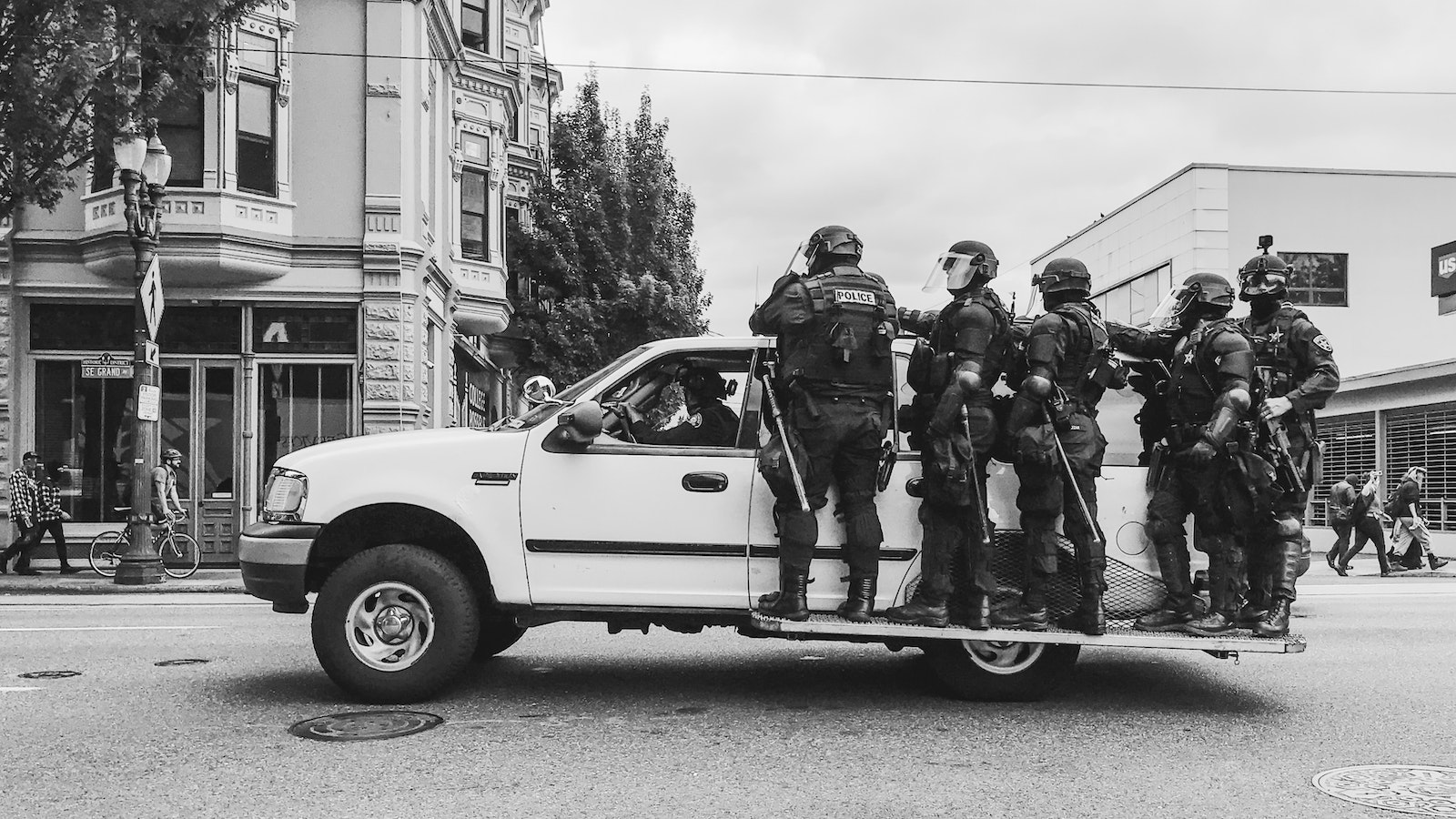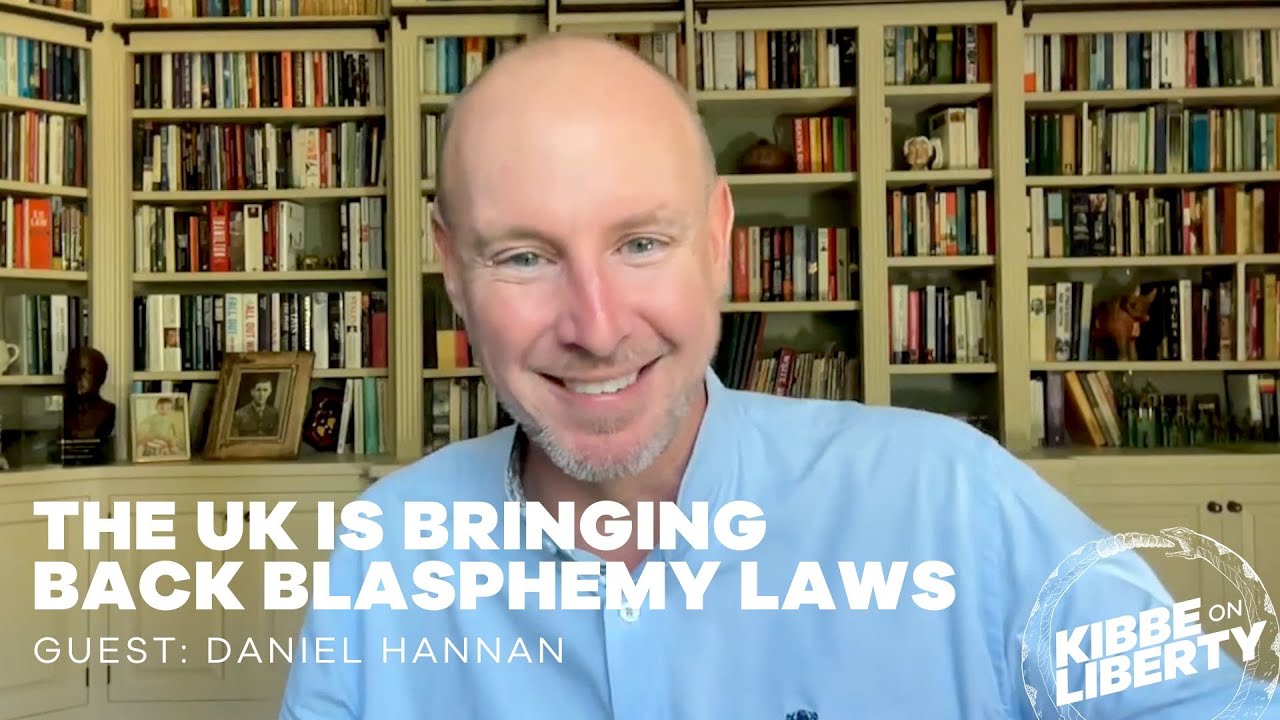
No-Knock Raids and Their Deadly Consequences
Earlier this month, Minneapolis police officers shot and killed Amir Locke during a no-knock raid, even though Locke was not the suspect they were looking for. In fact, he wasn’t even named on the search warrant. Last month, a similar story took place in Las Vegas when police shot and killed Isaiah Tyree Williams. Both of these tragic stories can be added to a long list of no-knock raids that have ended with innocent people being maimed or killed by police simply for failing to react calmly to armed intruders kicking in their doors, shouting commands, and setting off flash-bang grenades in the middle of the night or in the early morning.
Despite a horrific track record, no-knock warrants continue to be used by police departments across the country.
These raids—which are commonly used in drug-related cases as part of the failed and deadly War on Drugs—became a national discussion after the 2020 police killing of Breonna Taylor in Louisville, Kentucky. There are many parallels between all of these situations, and while it’s true that some reform has taken place in certain areas since 2020, there is clearly much more work to be done. As I intend to highlight throughout this article, the use of this tactic cannot be allowed to continue as the risk of death or serious injury is just too great for everyone involved while the benefits are minimal.
The killing of 22-year-old Amir Locke occurred around 7AM on February 2, 2022, when officers from the Minneapolis Police Department executed a no-knock warrant on an apartment in downtown Minneapolis in connection with a St. Paul homicide investigation. Inside the apartment, Locke was asleep on a couch when he was startled awake by police officers with their guns drawn, one of which kicked the couch as they shouted commands at Locke to get on the ground and show his hands. They did announce that they were police officers, but only after they had already entered the apartment.
As Locke was asleep at the beginning of the interaction, he likely didn’t hear the officers announce themselves, so it’s reasonable to assume that he might’ve thought the apartment was being burglarized. Locke, being a legal gun owner with a concealed carry permit, reached for his handgun to protect himself. It took mere seconds for police to fire three shots into Locke as he was still wrapped in a blanket, without once telling him to drop his weapon. When viewing the graphic body camera footage, you can see that Locke—even in such a stressful situation—was practicing gun safety by keeping his finger off of the trigger.
Two points that make this story especially egregious are first, that Minneapolis had changed their no-knock warrant policy after the 2020 police killing of George Floyd (also in Minneapolis) in an attempt to prevent situations such as this. Secondly, the St. Paul Police Department had recommended using a knock-and-announce warrant, but Minneapolis police chose to issue a no-knock warrant anyway, to the detriment of an innocent person with no connection to the investigation. In response to the killing of Amir Locke, Minneapolis Mayor Jacob Frey has halted the use of no-knock warrants.
On January 10, 2022, a similar situation in Las Vegas resulted in the death of 19-year-old Isaiah Tyree Williams. At around 5AM that morning, the police executed a search warrant in relation to a shooting that had taken place months before and while they did announce themselves before entering the apartment, they also threw a flash-bang grenade through a window and used a battering ram to gain entry. The suspect police were looking for was not in the apartment at that time, and Williams had no connection to the investigation.
As police entered the apartment, Williams (who was also asleep on a couch before the raid) used a handgun to fire 18 shots at the officers—injuring two of them—who responded by firing back a total of 23 times. Williams was pronounced dead on the scene. Had he survived, he would’ve faced multiple charges for his attempt at defending himself from armed intruders breaking down his door. We’ll never know for sure, but I’m willing to bet that had Williams realized they were police officers, he would’ve reacted differently.
Despite the horrific results of the raid, Assistant Sherrif Andrew Walsh defended the decision to serve the warrant so early in the morning saying that “In the early morning hours, it’s much safer for the officers and it’s much safer for the community for us to do it at that time because there are less people out.” Considering that two officers were wounded and an innocent person was killed during the raid, I beg to differ.
The killing of Breonna Taylor also happened under similar circumstances, as her boyfriend, Kenneth Walker, reacted to police breaking down their door by firing his legally owned handgun at what he thought was a home intruder, injuring one of the officers. The police responded with a barrage of bullets which killed Taylor, and then they tried to charge Walker with assault and attempted murder of a police officer. Those charges were later dropped.
Another similar story is the 2017 killing of Alteria Woods in Gifford, Florida, who was killed by police executing yet another no-knock warrant. Out of an attempt to defend himself and his girlfriend, Woods’ boyfriend Andrew Coffee IV, fired a handgun at the officers who fired back, hitting Woods ten times. The police then tried to charge Coffee with her murder. Fortunately, however, he was acquitted on those charges last year.
All of these stories involve police officers being put at risk of death or serious injury while executing no-knock warrants, people acting out of self-defense, and the loss of innocent human life. Considering how often these raids end in similar results, there is no good justification to continue such a dangerous and deadly tactic. In 2020 Senator Rand Paul (R-KY) introduced a bill to curtail the use of no-knock warrants throughout the country, but progress has yet to be made on the bill and no-knock warrants remain to be a common and harmful tactic to this day.
While the police reform movement of 2020 had some positive effects, it mainly consisted of violent riots and empty slogans to “defund the police.” However, ending no-knock warrants is an actual substantive step that we can take to put an end to police brutality. Other reforms include ending qualified immunity and civil asset forfeiture, abolishing (or at least reforming) police unions, demilitarizing our local police departments, and ending the War on Drugs. It’s long past time for improving the way police operate in this country, and every new victim of police brutality is another reminder of that fact. How many no-knock raids need to end in tragedy before we see significant police reform?
Free the People publishes opinion-based articles from contributing writers. The opinions and ideas expressed do not always reflect the opinions and ideas that Free the People endorses. We believe in free speech, and in providing a platform for open dialogue. Feel free to leave a comment.



